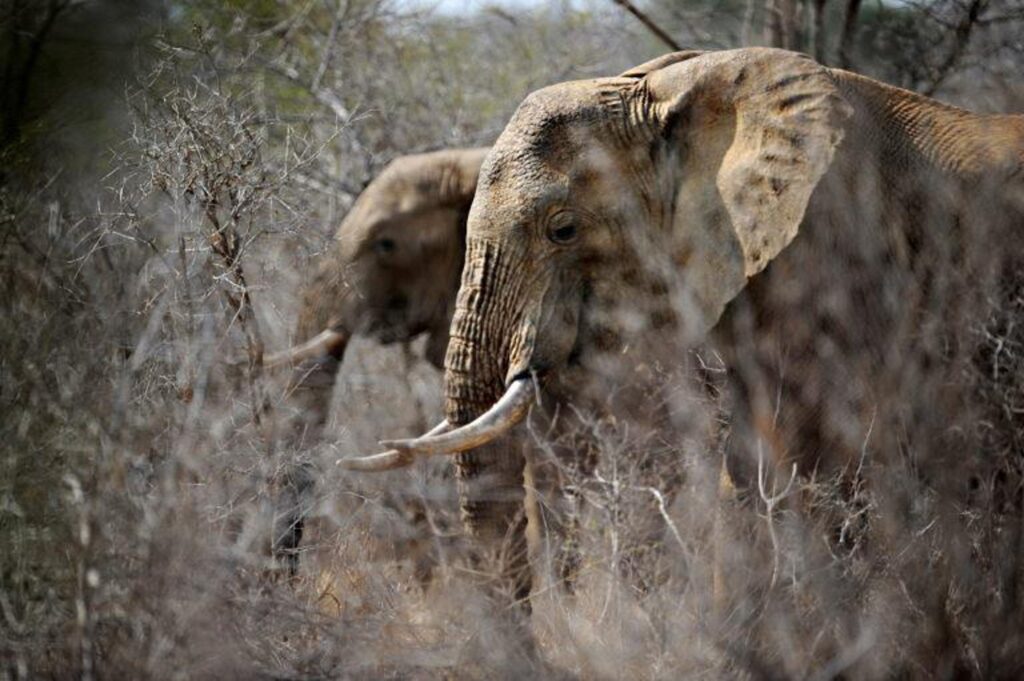Namibia is culling over 700 wild animals, including hippos, elephants, buffalos and zebra, to feed people reeling from the Southern African nation's worst drought in decades, the Ministry of Environment said on Tuesday.
So far 160 animals have been culled under the government initiative, first announced last week. In addition to providing meat for thousands of people, the cull will also ease the strain on pasture and water resources depleted by drought, the state said.
Professional hunters have been assigned to cull 30 hippos, 83 elephants, 60 buffalos, 100 blue wildebeest, 300 zebras, 100 elands and 50 impalas.
How long the cull will last will depend on several factors, Ministry spokesperson Romeo Muyunda told French news agency AFP. He said the ministry's goal was to carry it out sustainably while minimising trauma as much as possible. "We need to separate the animals to be culled from those that are not,” he explained.
Given the global ban on trade in ivory, the tusks of the culled elephants will be stored in government warehouses.
Namibia declared a state of emergency in May due to the drought that is ravaging several Southern African countries. The United Nations’ World Food Programme (WFP) stated in August that approximately 1.4 million Namibians, nearly half the population, are experiencing severe food insecurity. Crop production has plummeted by 53% and dam levels have dropped by 70% compared to last year.
Animal rights group Peta posted on their website a letter sent to Prime Minister Saara Kuugongelwa-Amadhila, urging her to “reconsider” the culling, labelling it as “cruel, short-sighted and ineffective in the long term.”
In the letter, Peta Vice President Jason Baker predicted that the cull could destabilise ecosystems.

